Non-pharmacological treatment changes brain activity in patients with dementia
4.7 (334) In stock
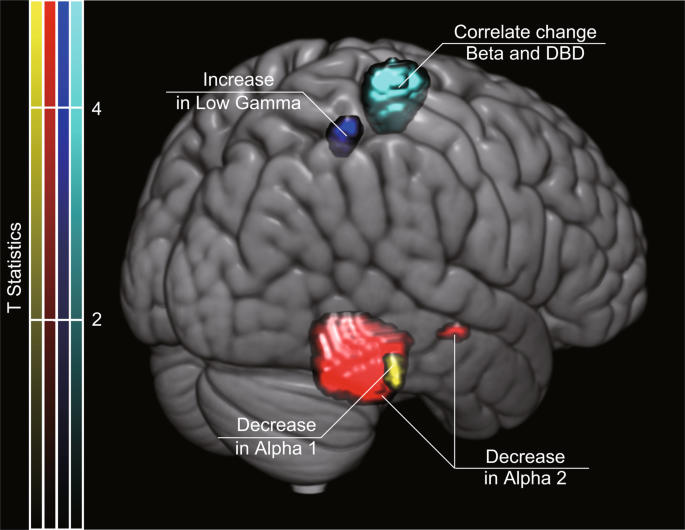
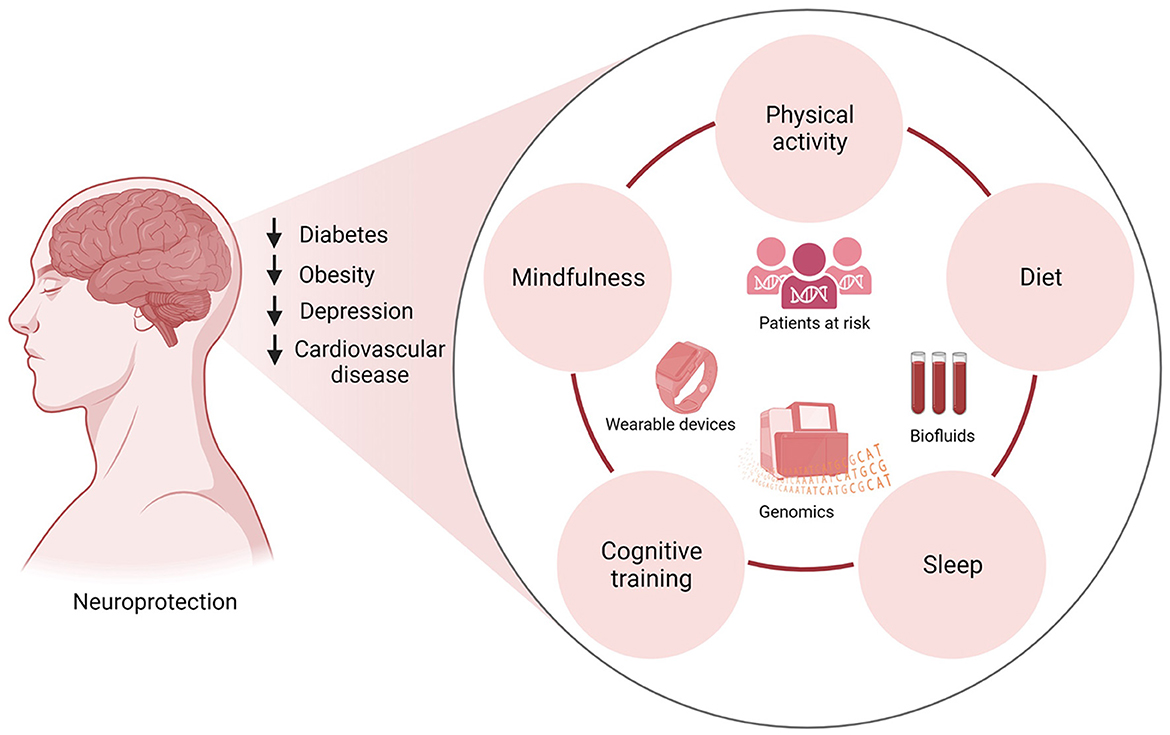
Frontiers Physical activity and lifestyle modifications in the treatment of neurodegenerative diseases
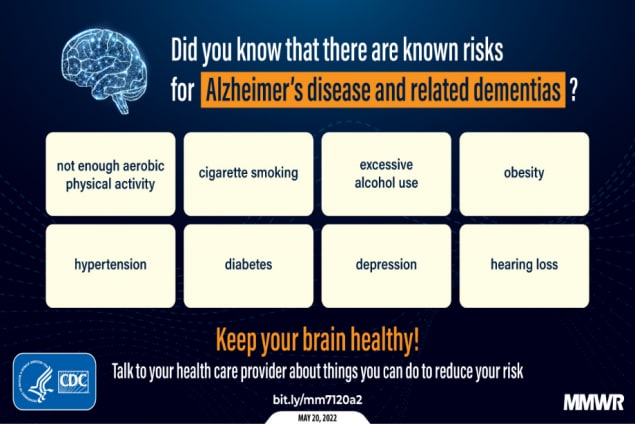
Dementia Risk Reduction

PDF) Resting-State Magnetoencephalography Reveals Neurobiological Bridges Between Pain and Cognitive Impairment
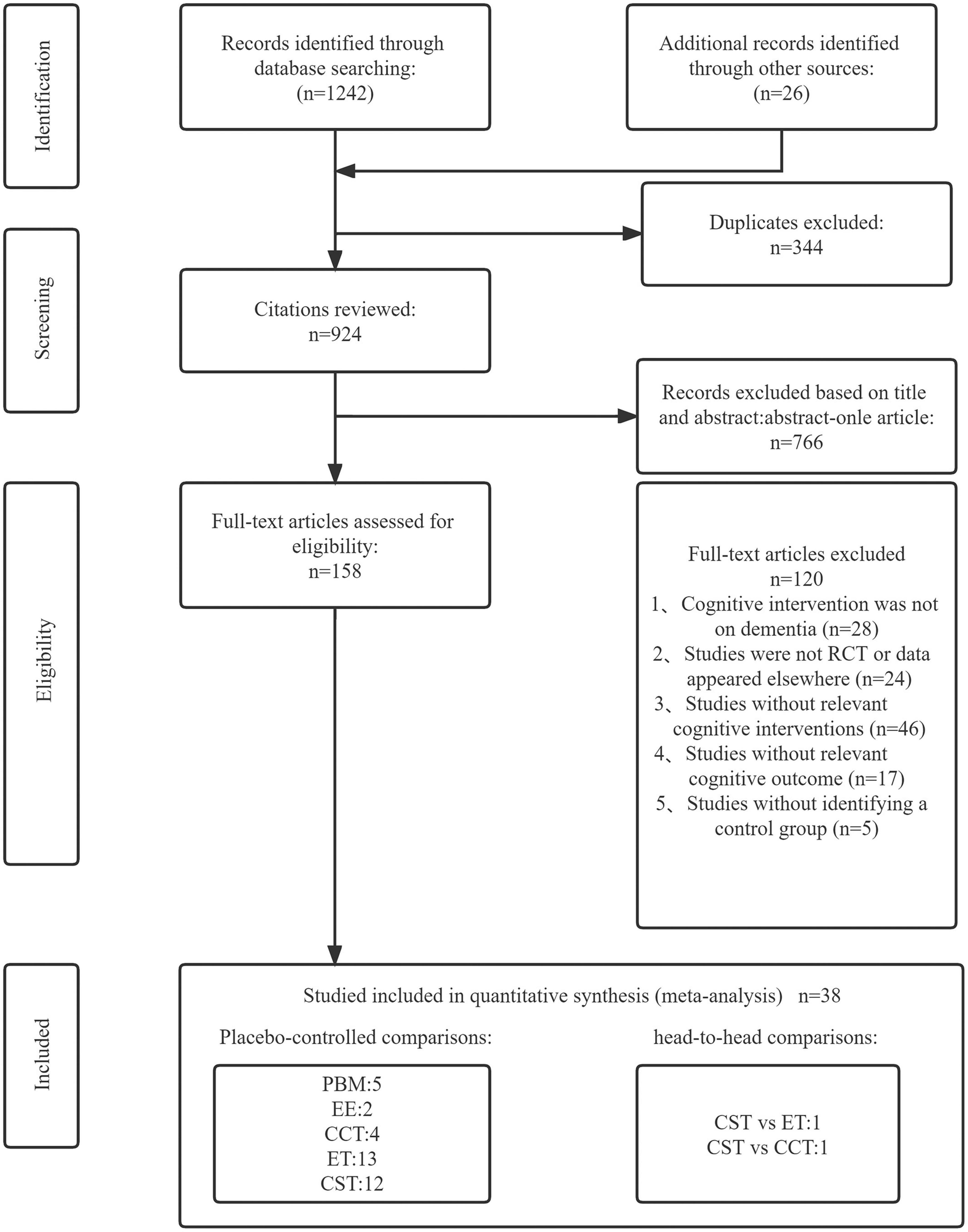
Frontiers Effectiveness of non-pharmacological therapies on cognitive function in patients with dementia—A network meta-analysis of randomized controlled trials

Dementia care: an overview of available non-pharmacological therapies - The Pharmaceutical Journal
Predicting the outcome of non-pharmacological treatment for patients with dementia-related mild cognitive impairment
Predicting the outcome of non-pharmacological treatment for patients with dementia-related mild cognitive impairment - Figure f2
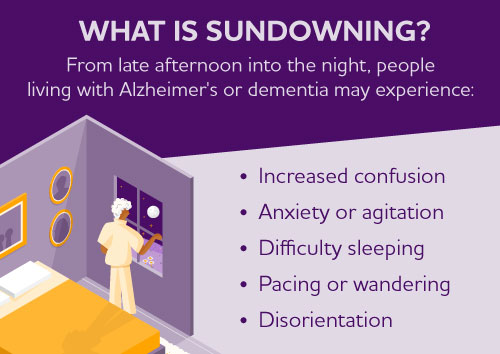
What is Sundowning? Causes & Coping Strategies
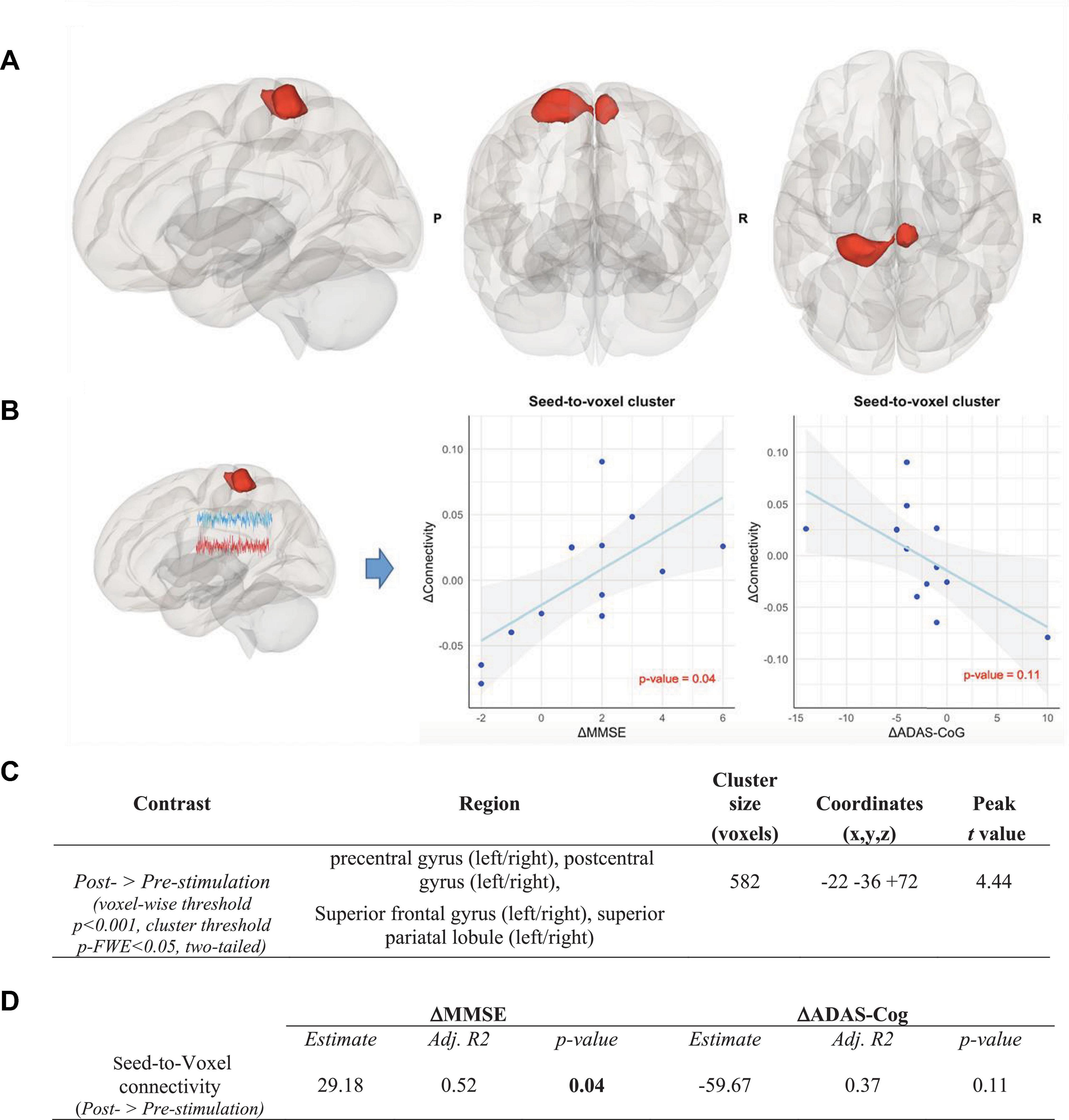
Frontiers Improved connectivity and cognition due to cognitive stimulation in Alzheimer's disease

Resting-State Magnetoencephalography Reveals Neurobiological Bridges Between Pain and Cognitive Impairment
The disconnected core network is found by intersecting the two

Non-pharmacological treatment changes brain activity in patients with dementia
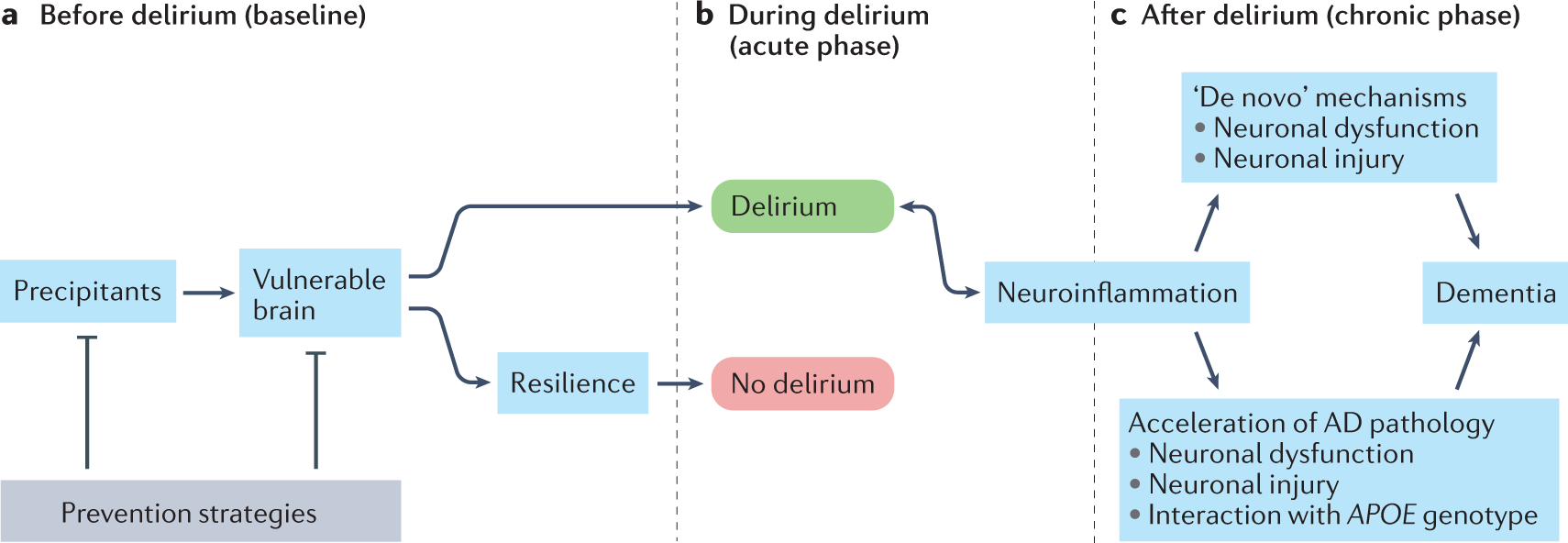
The inter-relationship between delirium and dementia: the importance of delirium prevention
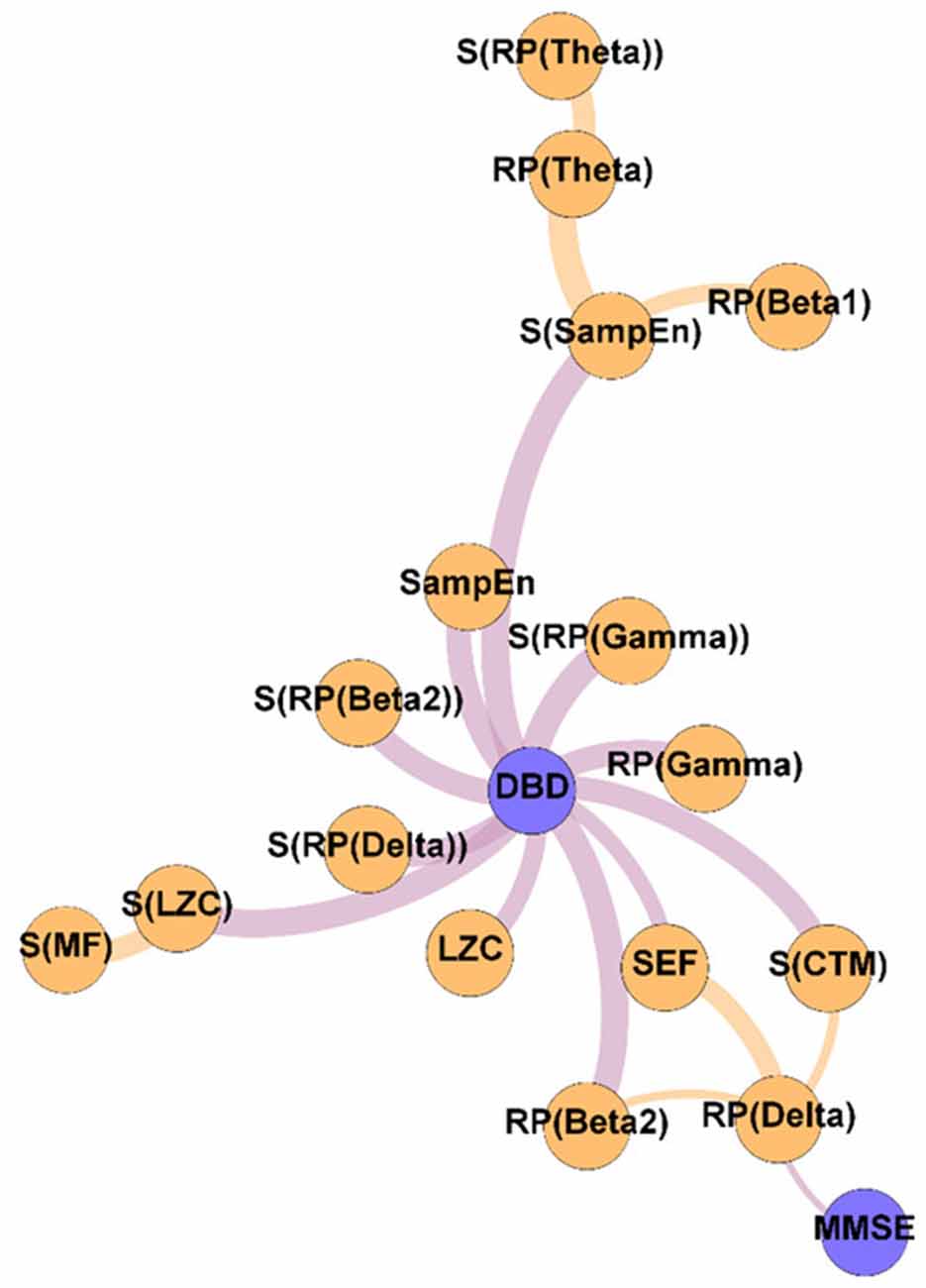
Frontiers Exploring the Interactions Between Neurophysiology and Cognitive and Behavioral Changes Induced by a Non-pharmacological Treatment: A Network Approach

Exploring the interplay between mechanisms of neuroplasticity and cardiovascular health in aging adults: A multiple linear regression analysis study - ScienceDirect
Neuroscience For Kids - blood supply of the brain
Brain Fog Before Your Period: Causes & Fixes.
Here is how menstruation affects the brain
Science Says Period Brains Aren't A Thing: Women Are Not Surprised - Our Bodies Ourselves Today
 My Best Pumpkin Muffins Recipe - Sally's Baking Addiction
My Best Pumpkin Muffins Recipe - Sally's Baking Addiction Dunnes Stores Lemon Cotton Rich Printed Joggers (6 Months-4 Years)
Dunnes Stores Lemon Cotton Rich Printed Joggers (6 Months-4 Years) MAGIC Bodyfashion Culotte haute - Super Control Brief (Noir
MAGIC Bodyfashion Culotte haute - Super Control Brief (Noir Justice Girls Distressed Jegging, Sizes 6-18, Slim & Plus
Justice Girls Distressed Jegging, Sizes 6-18, Slim & Plus- pink hair, don't care
 Womens Underwear Invisible Seamless Bikini Lace Underwear Half
Womens Underwear Invisible Seamless Bikini Lace Underwear Half
